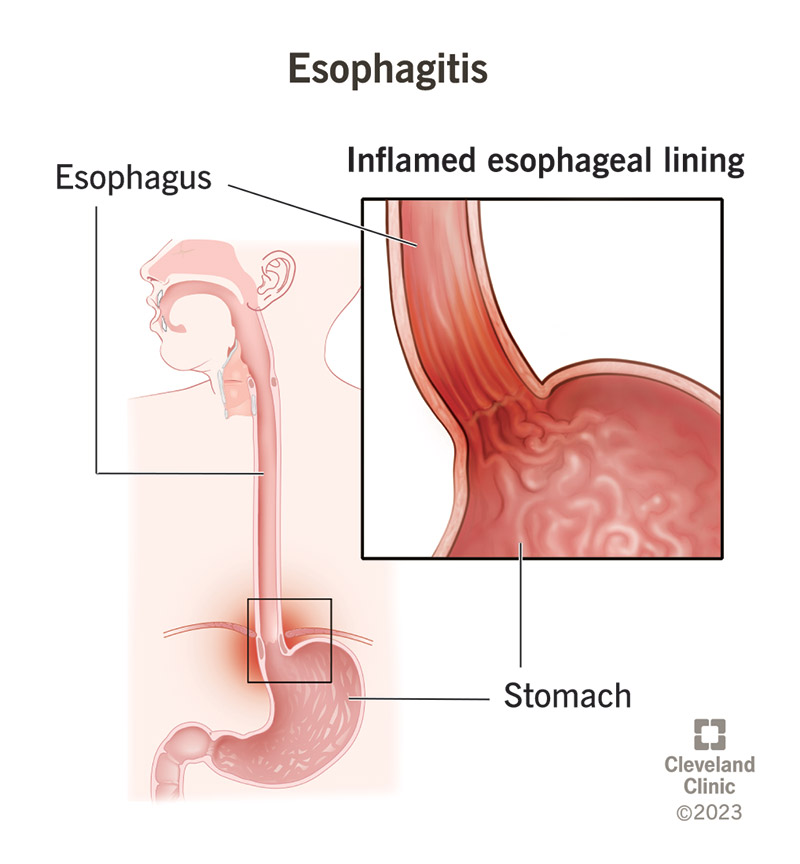During the administration of finasteride, the nurse must remember which important precaution?
The patient needs to be warned that alopecia is a common adverse effect.
It is given by deep intramuscular injection to avoid tissue irritation.
It must not be handled by pregnant women.
It must be taken on an empty stomach.
The Correct Answer is C
Choice A reason: This is incorrect because alopecia is not a common or serious adverse effect of finasteride. However, the patient should be informed that finasteride may cause decreased hair growth or loss of hair in some cases.
Choice B reason: This is incorrect because finasteride is not given by injection, but by oral route. The patient should take one tablet daily with or without food.
Choice C reason: This is correct because finasteride can cause birth defects in male fetuses if it is absorbed through the skin or ingested by pregnant women. The patient should wear gloves when handling the tablets and avoid contact with crushed or broken tablets.
Choice D reason: This is incorrect because finasteride can be taken with or without food. However, the patient should take it at the same time each day and follow the provider's instructions.
Nursing Test Bank
Naxlex Comprehensive Predictor Exams
Related Questions
Correct Answer is ["C","E"]
Explanation
Choice A reason: This is incorrect because drowsiness is not a common or serious adverse effect of alendronate. However, the client should avoid driving or operating machinery if they experience drowsiness.
Choice B reason: This is incorrect because tachycardia is not a common or serious adverse effect of alendronate. However, the client should monitor their pulse and blood pressure regularly and report any abnormal changes to the provider.
Choice C reason: This is correct because jaw pain can indicate a rare but serious condition called osteonecrosis of the jaw, which is associated with alendronate use. The client should report any jaw pain, swelling, or infection to the provider immediately and avoid dental procedures while taking alendronate.
Choice D reason: This is incorrect because dizziness is not a common or serious adverse effect of alendronate. However, the client should rise slowly from a lying or sitting position to prevent orthostatic hypotension and falls.
Choice E reason: This is correct because esophageal erosion can occur if alendronate is not taken correctly. The client should take alendronate with a full glass of water, at least 30 minutes before any food or drink, and remain upright for at least 30 minutes after taking it. The client should report any difficulty swallowing, chest pain, or heartburn to the provider.

Correct Answer is D
Explanation
Choice A reason: You should avoid alcohol intake while taking codeine, not limit it to 12 ounces daily. Alcohol can increase the risk of side effects such as drowsiness, dizziness, and respiratory depression.
Choice B reason: You should not expect to experience diarrhea while taking codeine. Codeine can cause constipation, not diarrhea. You should increase your fluid and fiber intake and use laxatives as prescribed to prevent constipation.
Choice C reason: You should not take the medication on an empty stomach to prevent nausea. Codeine can cause nausea and vomiting, especially on an empty stomach. You should take the medication with food or milk to reduce nausea.
Choice D reason: You should change positions slowly while taking codeine. Codeine can cause orthostatic hypotension, which is a sudden drop in blood pressure when you stand up. This can cause dizziness, fainting, and falls. You should change positions slowly and use caution when walking or climbing stairs.
Whether you are a student looking to ace your exams or a practicing nurse seeking to enhance your expertise , our nursing education contents will empower you with the confidence and competence to make a difference in the lives of patients and become a respected leader in the healthcare field.
Visit Naxlex, invest in your future and unlock endless possibilities with our unparalleled nursing education contents today
Report Wrong Answer on the Current Question
Do you disagree with the answer? If yes, what is your expected answer? Explain.
Kindly be descriptive with the issue you are facing.
